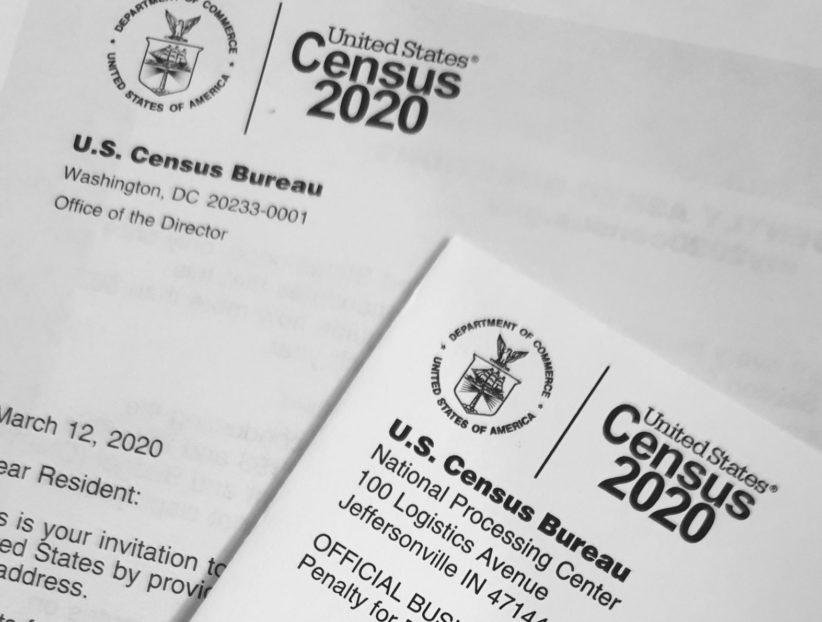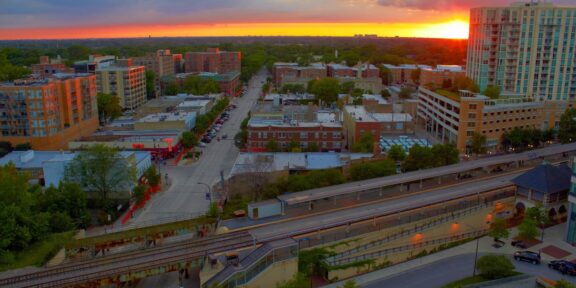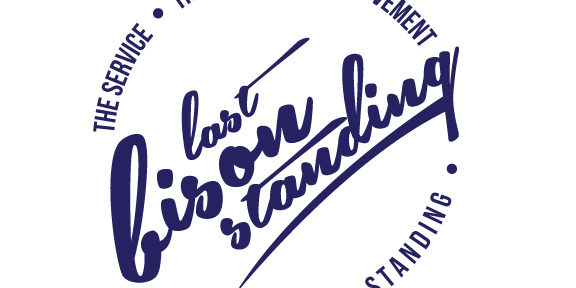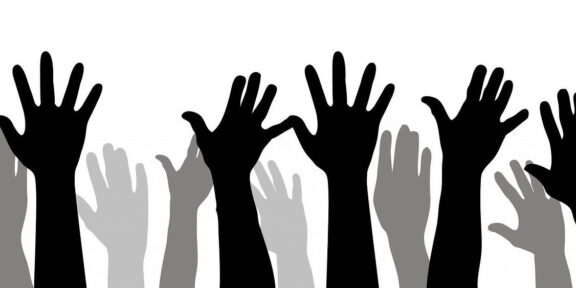By Chantè Russell, Howard University News Service
Washington, D.C. — Preparation for the 2020 Census began years ago with plans being publicized as early as 2018 and a trial survey taking place in July 2019. Despite this, the COVID-19 virus which first appeared in Wuhan, China in December and has since been classified as a pandemic by the World Health Organization is having an unanticipated impact on this year’s population survey.
While the Census Bureau is encouraging people to utilize online, mail and telephone response options, in-person surveys traditionally account for a significant segment of the population including those who do not respond using other methods, as well as, homeless individuals.
In-person surveys are also used to account for individuals in remote areas. According to the bureau less than one percent of households were originally intended to be counted in-person but those surveys were suspended March 20.
“The Census Bureau has modified all of its data collection protocols to eliminate personal visits,” a statement published March 27 read.
“Many of these surveys have been conducted without interruption for 50 years or more, and form the bedrock of the nation’s statistical system, along with the decennial census. We encourage everyone to participate in these surveys if they are contacted — responding is especially important right now, as these surveys will help accurately measure the impact of the coronavirus.”
Census data is used to determine federal funding, congressional districts and help plan community services, making accurate counts imperative to social welfare services.
“This crisis has only underscored the need for an accurate count – so that resources can be appropriately and quickly distributed in an emergency,” said Rep. Alexandria Ocasio-Cortez (D-NY) in a statement calling for surveying to be extended. “However, as things currently stand, those districts hit the hardest by COVID-19, those districts which already suffer greatest from structural racism and inequity, stand to be the most undercounted.”
April 1 was officially Census Day. The self-reporting deadline was originally set for July 31 but has been pushed to August 14. However, according to Data for Progress, 78 percent of voters agree that the deadline should be further extended.
The Census Bureau had mainly responded to the pandemic by highlighting self-reporting methods throughout March. However, on April 13 Census Bureau Director Steven Dillingham and Department of Commerce Secretary Wilbur Ross issued a joint statement requesting that Congress allow the self-reporting deadline to be pushed to Oct. 31.
“A deferred response deadline would be helpful to increase the number of initial responses,” said Dr. Jennifer Edwards, a wellness researcher and Anna, Texas resident. “A later deadline also reduces the need for in-person data collection during a time of social distancing, protecting vulnerable populations, and putting a focus on worker safety.”
A division of the bureau called Accelerate dedicated to encouraging census participation is holding an informative census video competition to encourage self-reporting, offering two $10,000 runner up prizes and a $30,000 first-place prize.
Accelerate’s website says it hopes to reach “groups [that] have been undercounted at disproportionately high rates,” including millennials, rural communities, families with young children, immigrants, non-native English speakers, renters, underrepresented minorities and the homeless.
According to an interactive map on the Census Bureau website, as of April 15 less than half of the country had participated in the survey online, by mail or via telephone. Final reminder postcards were set to be sent out between April 20-27 but may now be sent later.









